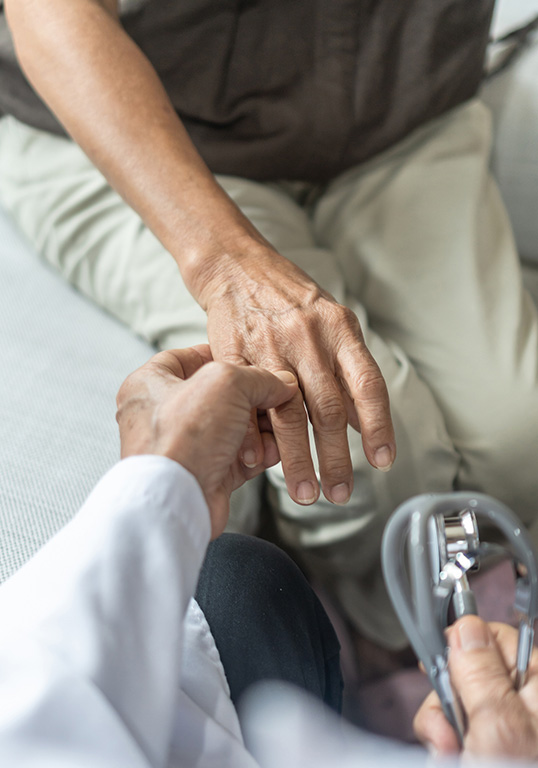
Neuropathy, also known as peripheral neuropathy, is a condition that affects the peripheral nervous system – the network of nerves outside the brain and spinal cord. These nerves carry signals between the central nervous system (CNS) and the rest of the body, including muscles, skin, and internal organs. When these nerves are damaged or diseased, it can lead to a range of symptoms, depending on which nerves are affected.
Neuropathy can be classified into different types based on the number of nerves involved and the cause of the condition:
Neuropathy can be caused by a wide range of factors, including.
The symptoms of neuropathy vary depending on the type of nerves affected – sensory, motor, or autonomic nerves.
The symptoms of neuropathy can develop suddenly or gradually and may worsen over time. In some cases, the symptoms can become debilitating, affecting the individual’s quality of life.
Diagnosing neuropathy involves a thorough clinical evaluation, including a review of medical history, physical examination, and neurological tests. Additional diagnostic tests may include.
The treatment of neuropathy focuses on addressing the underlying cause, relieving symptoms, and preventing further nerve damage. Treatment options may include:



Fee Increase
Please note that from the 1st of December 2025, our follow up appointment fee has increased by $25. All other fees remain the same.
Rooms Closed
Our rooms are closed from the 18th of December to the 5th of January for holidays.